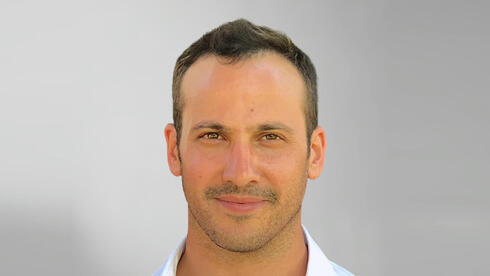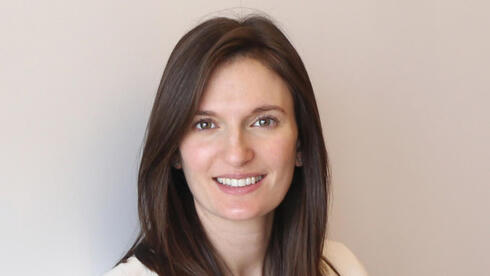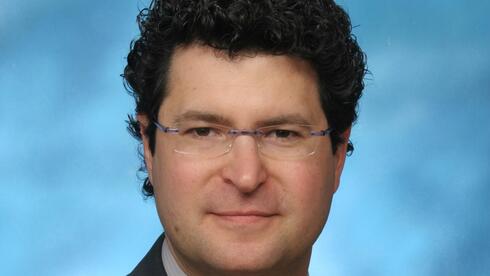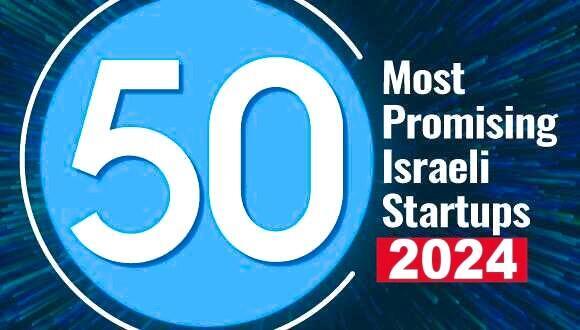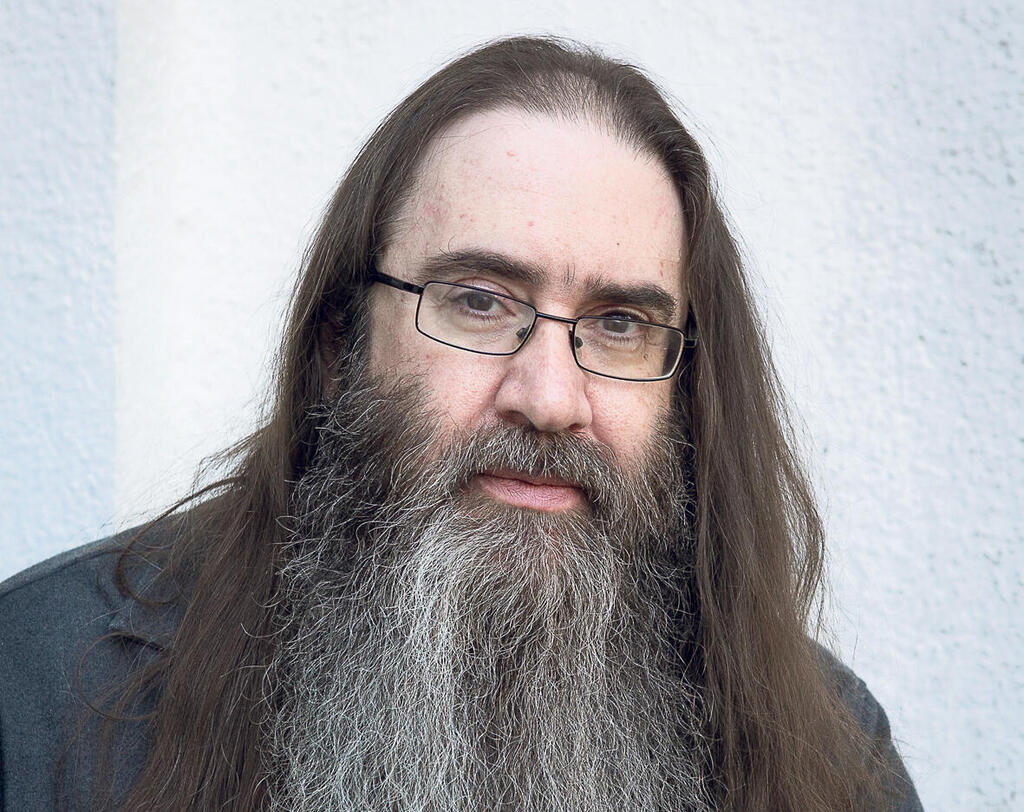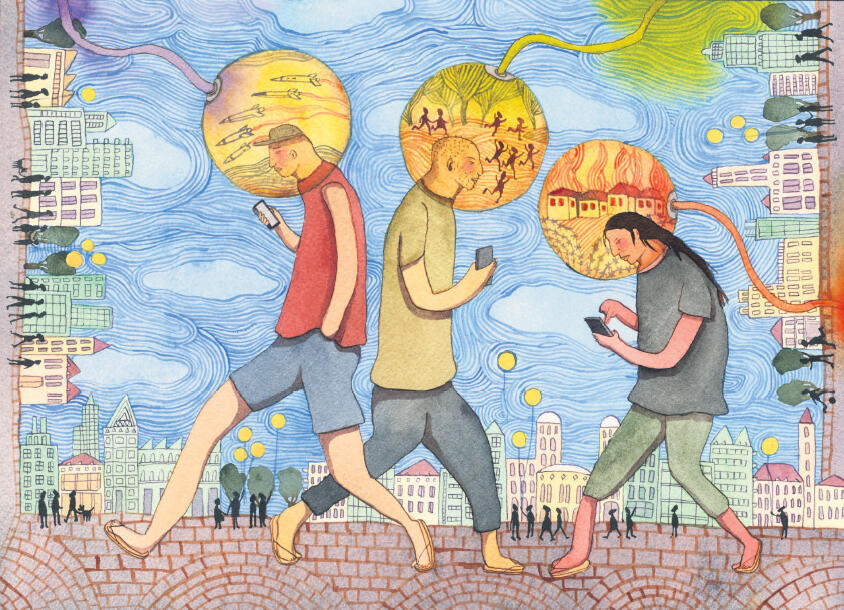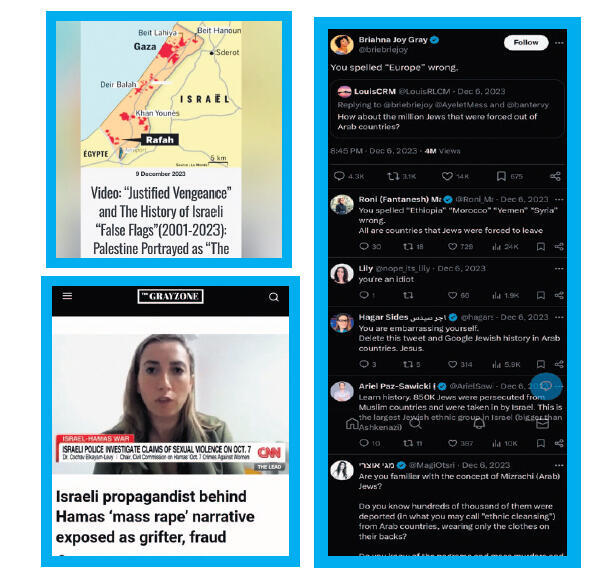
The battle against denialism in the wake of October 7
The battle against denialism in the wake of October 7
The terrorist events of October 7 were the most documented in human history, yet the web is flooded with information that explicitly denies the harrowing events that took place. Why are theories that once could only thrive in fringe forums entering the heart of the mainstream, and do rational forces have a way to deal with the global crisis of truth?
When Christina Gutierrez wanted to present her arguments in favor of calling for a cease-fire in Gaza, she cut straight to the point. "There were no beheadings and rape. Israel murdered its own people on October 7," stated Gutierrez, an employee of the Housing & Community Development Department in Oakland, California. Guardian columnist Owen Jones was more subtle: "There is no evidence of rape," he noted in a long video he uploaded to YouTube. "If they exist, I haven't seen them." Moderator Owen Shroyer was more conspiratorial: "The IDF allowed the terrorist attack of October 7 to happen. So that they (the Israelis) can carry out their invasion of Gaza and occupy the land."
The October 7 attack was the most documented terrorist attack in human history. Hamas leaders armed many of their fighters with cameras that recorded every moment of the attack, many parts live. One could assume that this documentation, combined with the security cameras in Israel and the cameras of passing vehicles, provided conclusive evidence regarding what happened, yet the denial surrounding the events of October 7th is rampant. The abundant documentation, and especially the ignoring of it, actually serve as proof that humanity is in a deep crisis regarding truth. "Denial is in itself quite a human thing," sociologist Keith Kahn-Harris explains to Calcalist, "the question is how far it goes."
3 View gallery
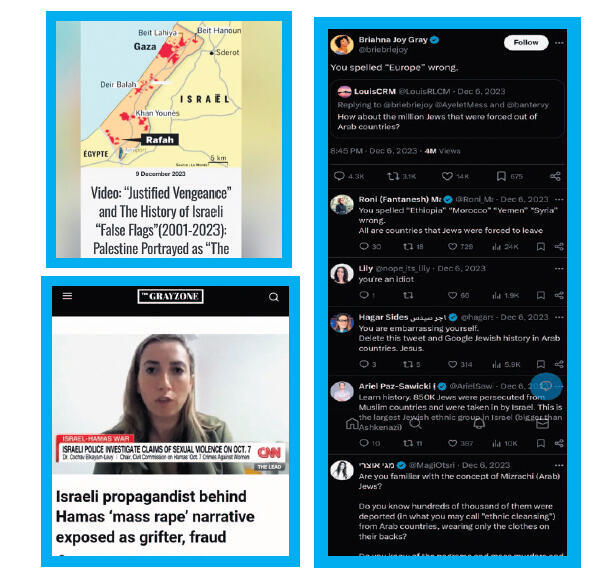

Top right: Joy Gray's tweet mocking the deportation of Jews from Arab countries, a headline on the Grayson website about "Israeli campaigner behind the 'mass rape' narrative exposed as a fraud", and a post about "Israeli deception operations".
The denial is systematic and inclusive - from the small details to the big ones. From the claim that it was Israel that killed its citizens and was behind the massacre, to the disbelief of evidence that extreme acts of violence and sexual crime were committed. These narratives, which could once thrive only in fringe forums and platforms perceived as extreme, such as Gab or 4chan, are now everywhere - Telegram, X (formerly Twitter), Facebook and TikTok and also on the street, while passers-by were recorded tearing up posters of kidnapped Israelis and justifying it by claiming that "Israel kidnapped its own citizens".
Everyone knows and experiences denial. It is a human defense mechanism in which the mind blocks out unacceptable information, or deals with disturbing feelings such as guilt or anxiety. But when denial becomes systematic, and includes the creation of a parallel set of facts, it is something completely different - a behavior that in recent years has gained a category in itself: Denialism - an automatic defense of claims, regardless of the evidence and sometimes contrary to it. Denialism is motivated by ideological or religious reasons, and its commitment to faith outweighs commitment to evidence. The most recent example is the Iranian missile attack on Israel. "I wouldn't rule out for a second the possibility that they sent their fleet of drones to attack themselves," a user named Brandt wrote in a post on a Telegram group called GNN, which is closed every few months due to user complaints. It doesn't matter to him that Iran admits and is proud that it carried out the attack.
"I imagine that people in Israel also still watch Netflix or go out to eat," explains Kahn-Harris, "and they don't talk or flood themselves with information about everything that happens and has happened every minute of the day, as they probably did at the beginning of the event. It makes sense, doesn't it? You can't deal with such a difficult reality all the time. The problem is when the choice becomes pathological, then it is dangerous for yourself and your environment. It is a new set of facts that make it possible not only to ignore what is actually happening, but to impose a different kind of reality." According to him, this behavior is done to incite hatred, foster distrust in science, and create a broken environment, which carries a constant burden of suspicion "that nothing is what it seems."
We have been living in the age of denialism for almost two decades, although denial in its political form has been present for longer. The best known example is Holocaust denial, but there are many other examples: the earth is the center of the universe, the world is flat, HIV does not cause AIDS, evolution is a belief, smoking does not cause cancer, vaccines cause autism, climate change (if it is even real) is not related to humans, there was no coronavirus pandemic and Donald Trump really won the 2020 presidential election. In all the examples mentioned, the facts do not play a role, science is an institution that must be opposed, and there is always a desire for something to be wrong.
This is no coincidence. Most of the examples characterize the information age and the emergence of the Internet. The web and social networks have turned what was once a social fringe into the center, with the technological ability to quickly transmit information to large audiences and completely erode the costs of creating lies, deceptions and distortions in public discourse. Today it is easy to spread ideas and sow doubt among large audiences. All that is needed is a personal computer. This is how we got a reality where it is politically effective and socially acceptable to deny facts.
"One of the conditions that make a conspiracy possible," notes Kahn-Harris, "is that initial reports are often inaccurate. This is one of the main arguments in Holocaust denial, that 'they' constantly change the story. But we don't change the story, we do research." That is to say, Kahan-Harris explains, when official bodies in the State of Israel corrected the number of those murdered in the October 7 attack down, because it is a country that is able to count its dead, for the deniers this was not proof of the bodies' ability to operate in a professional manner, but an example that reflects that Israel is not reliable in its reports. "Another condition for denial is when a claim is made by someone who seems authoritative, and turns out to be false." According to him, when first aid providers gave reports from the field, "these were initial reports, by people who were not really authorized to give them, but they were treated by the other side as if it were an official report."
"Knowing and not knowing at the same time"
While technology contributes to the spread of the phenomenon, it does not explain why it occurs. Stanley Cohen, one of the leading researchers on the subject, explained that denial is intended to "allow the strange possibility of knowing and not knowing at the same time," a statement about the world, or the self, that is neither true nor false, and intended to deceive others. He explains that the reason for this is psychological - the information is too upsetting or anxiety provoking to be accepted. Denial involves active avoidance and instead of simply not noticing something, a deliberate effort is made to avoid noticing it - not to believe documents, witnesses, victims, testimonies and sometimes even the perpetrators themselves of the event they are trying to deny. It is a refusal to acknowledge the presence of things that beg for attention. The result is frustration.
When Briahna Joy Gray, for example, saw that a commenter on Twitter stated that one million Jews had been forced out from Arab countries, she shared the claim with hundreds of thousands of her followers with the addition: "You spelled “Europe” wrong.” Joy Gray is a prominent American journalist, who hosts a news program on The Hill, a news website in Washington. In the past, she served as spokesperson for Bernie Sanders' presidential campaign and was a senior editor at Current Affairs magazine. Her reach is wide, her tweet is seen by millions of people and shared tens of thousands of times. Hundreds of comments tried to prove her wrong - because indeed a million Jews were forced out from Arab countries. Joy Gray did not respond, correct or remove the tweet.
What did the thousands of respondents think? That if they answer the specific claim they will be able to bring about change? Show her the light and change the fragile truth-false balance of the Internet? Maybe they even strove to leave a comment for historical accuracy, for the sake of the future, if a stranger reads the original tweet? The idea behind the act, as if it is possible to deal with pathological denial through facts, is the reason why an army of "users" on social media are sent by influencers to respond to posts with "facts" or accusations of "anti-Semitism", and is also the motive of the Israeli government to broadcast around the world the "atrocity video" from the Hamas attack and promote legislation according to which denying the attack would be a violation of the law.
But unfortunately, the truth is as simple as it is unpleasant: denial cannot be defeated through legislation, refutation, flooding of information or efforts to challenge the credibility of the deniers. This is because for the denier the very existence of the denial is a sufficient victory. Its success does not revolve around imperceptible matters that we ignore, but on the contrary - around prominent things that we deliberately try to avoid. When I asked Kahn-Harris what could still be done, his answer was unequivocal: not to take part in the debate that revolved around the small details, even if they are important. "You need to delve into the broad picture. It is very difficult to comment, unless you are an obsessive or a true expert, on a certain/specific event within a very complex narrative. It is better to talk about the big picture and the values behind it, about what people see that has been achieved so far by Israel and Hamas, about how the war happened. Bigger narratives that are based on values, feelings and moral standards that can be discussed."
Selective facts and fake experts
"It has just been confirmed that the Hamas attack on October 7, 2023 was a false flag operation, carried out by a current in Hamas, in cooperation with the Mossad and American intelligence," wrote a group called Uncensored Truth. The group, which boasts that it was "blocked on Facebook, YouTube and Twitter", recently found a warm home on Telegram, and mainly includes publications against Israel, the Coronavirus epidemic and the forces that control the "world order" - the globalists.
To say that denial of the political type is a pathology is not an exaggeration, several distinct strategies formulated in the research field in recent years have formed around it. Thus, for example, the Hoffengel brothers, who did much to develop the concept of Denialism, found five distinct strategies: identifying conspiracies, using fake experts, selectivity, creating impossible expectations about what research can provide, and using misrepresentation and logical fallacies. All these methods are well present in the discourse surrounding the October 7 attack and the war in Gaza.
Perhaps the most prominent strategy of all is selectivity. Deniers usually do not shy away from the extreme isolation of their theories, but see the isolation as an indication of their intellectual courage against popular opinion and political correctness. To substantiate their claims they will rely on isolated cases or highlight a particular weakness or defect to discredit the whole issue.
Take for example the case of the news site The Intercept, which became famous more than a decade ago and made its media fortune from criticizing everything that attacks the establishment. In recent months, the site has published four long articles aimed at refuting the claim that there is evidence of systematic sexual violence on October 7. Thus, for example, in December an article on how there was no cover-up of sexual violence by Hamas on October 7 was published, in which it was determined that an official UN report on the subject should be awaited. A few weeks later, a text was published in which it was emphasized that "rape is not rare in war", and they stated that in any case there is no proof that this behavior was systematically present. On the evening of March 4, another news item was published, according to which there was no rape in Kibbutz Be’eri; That morning, the UN published a report in which it stated that sexual violence, including rape, was committed in at least three different locations in Israel, but the report and its findings were not covered on the website.
Conspiratorial thinking is almost necessary for the existence of Denialism. This is because those who systematically deny when facts are abundant, must constantly face a burning question: if what they say is true, why do so many others think otherwise? To deal with the conflict they invent something evil and coordinated, many times the evil will be the victims who will become the architects of a huge and insidious fraud.
Sound familiar? This is because one of the popular claims today is that the IDF allowed Hamas to invade Israel in a coordinated operation - what is known as a false flag, or deception. In fact, the claim is that Israel initiated Hamas's invasion of Israel to fulfill two alleged Israeli goals: ethnic cleansing and land grabbing. Thus, for example, The website Electronic Intifada, which has established itself over the years as a space for critical news about Israel, noted back in November, while in Israel they were still investigating and identifying bodies, that "Israel killed many, if not most, of the civilians who died during the Palestinian attack." The Grayson website of the activist Max Blumenthal noted that the anti-Semitic attacks on students on American campuses are a "crisis planned by an Israeli foreign agent."
And if that wasn't enough, the age of social media has brought upon us a unique time in which everyone is an expert - a perfect platform for denial, which needs fake experts to humiliate those who work in the field. Thus, for example, when the popular news website Breaking Point explained why the New York Times' report on the sexual violence perpetrated by Hamas against women does not meet journalistic standards, they began with the claim that the second writer who signed the text, Anat Schwartz, served "in an intelligence role in the Air Force." As if this fact makes her a collaborator with the IDF, it doesn't matter that the 45-year-old Schwartz served as an intelligence officer during her mandatory service.
Another tactic is to create impossible expectations about what the research can deliver. In order to believe that there was systematic sexual violence on October 7, forensic evidence began to be demanded. Then they demanded eyewitnesses. When there were eyewitnesses, they demanded live evidence, and then an independent investigation by the UN. When the UN presented its conclusions, it was claimed that the report does not say what you think it says. "Your findings are consistent with the narrative of the State of Israel," responded one journalist at a press conference held by the United Nations upon the presentation of the report, as if the Israeli narrative could not possibly be true.
The Israelis are also in a state of denial
The conversation about denial requires honesty from all sides. The Israelis are also in a continuous state of denial. In their case, what serves the denial is a traditional model of information deprivation, but the deprivation is self-harming. Israelis tend to close themselves off to the information available in a variety of channels that the internet revolution has made possible, and prevent themselves from absorbing new information regarding the events taking place in Gaza and the territories, in order to focus solely on Israeli personal suffering and grief.
Did thousands of Gazan children die in indiscriminate bombings? "So what?"; A hundred people were crushed to death trying to get themselves some food while they were starving? "I have more important things to think about"; No electricity in Gaza for five months? "So how exactly do they have the ability to charge cellular devices?"; "What would the Americans do if they kidnapped 250 of their civilians?". Explanations upon explanations, and meanwhile children die.
The UN releases report after report, warning after warning, because they want the information not to allow us to ignore, forget and go on. At the International Court of Justice they warn of starvation and the killing of civilians, but do not declare a "genocide", and in Israel they remain indifferent.
"It's one thing to say, 'It's terrible what's happening in Gaza, but we have to fight, there's no alternative,' and it's another thing to refuse to see the consequences," explains Kahn-Harris. "It can be dangerous, because you avoid difficult questions, not of the morality or ethics of war, but of strategy. Is the strategy of the IDF and the state working? Not looking at the messy reality of the war carries the danger of actively or passively supporting something that may not actually be what you want to achieve."
The head of Hamas's international relations department Basem Naim, who lives in Qatar, said in an interview with Sky News that the organization "did not kill any civilians" in the October 7 attack, but only soldiers, and called the claim "Israeli propaganda." This may be a strange claim, but according to Kahn-Harris, it is not strange at all. Two distinct groups have remained loyal (more or less) to the terrible reality since the outbreak of the war: Hamas in Gaza and the extreme right in Israel. "The big downside to denial is that you can't celebrate your heroes," notes Kahn-Harris. "Hamas people in Qatar like Naim denied the events more emphatically than the Gazans because the Gazans were the ones who carried out the attack." The right wing Cahanists fanatics, he adds, do not hide their ambitions to expel the Palestinian population from their homes or settle Gaza with Jews. "If you say to the Cahanists, 'But this is genocide, ethnic cleansing, mass murder,' the responses will be that it's fine."



